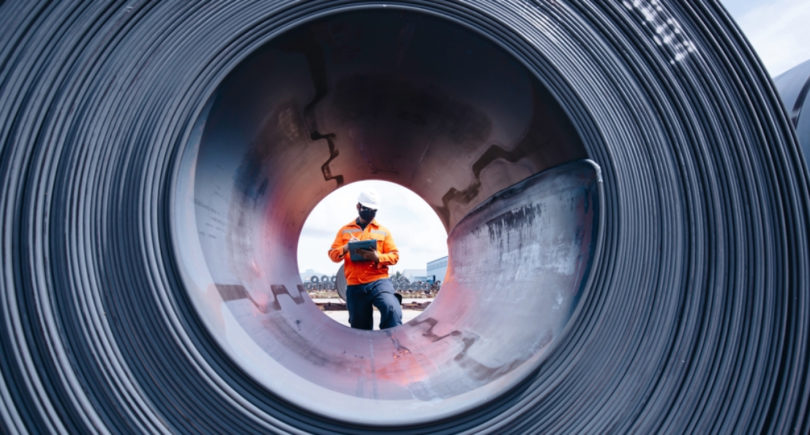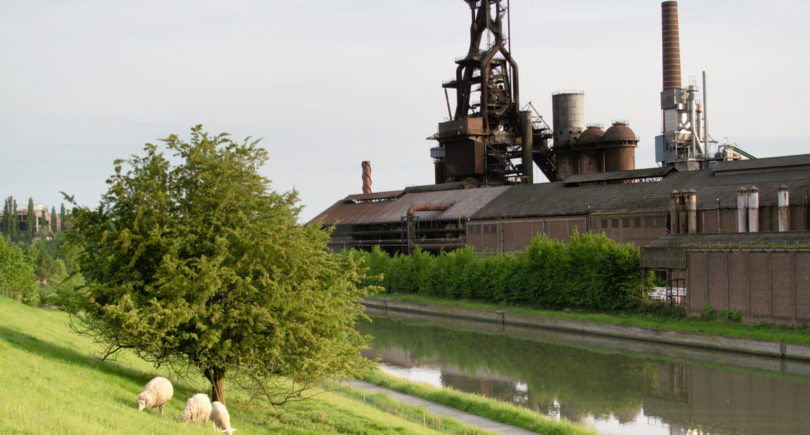
News Global Market Germany 1311 27 November 2023
In addition, the budget crisis is damaging the country's reputation as a reliable partner for industry
Germany is facing the problem of creeping deindustrialization. This was warned by Gunnar Gröbler, CEO of the Salzgitter steel company, the Financial Times reports.
If producers of key products needed for industry, such as steel and chemicals, leave the region due to high energy prices, there is a risk of losing the entire value chain, he said.
These comments come after 32% of industrial companies surveyed told the German Chamber of Commerce and Industry (DIHK) in August 2023 that they preferred to invest abroad rather than expand domestically. The number is twice as high as in last year’s survey amid concerns about the future without cheap Russian gas.
Salzgitter’s remarks also come at a difficult time for German industry, when several major climate projects have been called into question due to the country’s budget crisis.
Gröbler confirmed that the €1 billion in subsidies promised by local authorities to help Salzgitter build plants that can run on both gas and hydrogen have been secured, despite the problems associated with the climate fund. The company plans to launch the first such plant in 2026.
According to Reuters, the budget crisis in Germany is also damaging Germany’s reputation as a reliable partner for industry. Some industry representatives now fear that Berlin may not be able to fulfill its obligations to provide state aid to finance green and other projects. Among them are ArcelorMittal’s plans to spend €2.5 billion to decarbonize its steel mills in Germany. These efforts depend on government support, which is currently uncertain.
«We are disappointed and, above all, concerned, because currently no financing plans have been approved, and therefore no prospects for our industrial production in Germany have been determined,» he said Rainer Blaszek , who heads the German division of ArcelorMittal.
He also emphasized the potential consequences for Germany, which is already struggling to maintain its role as a major industrial center.
German Chancellor Olaf Scholz said in a video message at the end of last week that the government is rapidly revising the budget for 2024, and all necessary decisions will be made this year.
ArcelorMittal’s German competitor, SHS (Stahl-Holding-Saar), also did not receive an official commitment from Berlin to support €3.5 billion in investments to reduce carbon emissions from its furnaces.
At the same time, Germany’s GDP in the third quarter, according to the Federal Statistical Agency of Germany (Destatis), decreased by 0.1% qoq. On an annualized basis (adjusted for price and calendar factors), it decreased by 0.4%.
As GMK Center reported earlir, in October 2023, the country’s steelmakers reduced steel production by 8.8% y/y and 0.9% m/m – to 2.88 million tons.



